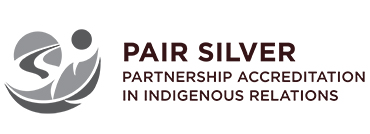Business development with Indigenous partners
We strive to be a leader in establishing and maintaining strong, positive relationships with Indigenous communities.1 We provide energy to 58 First Nations communities and our infrastructure crosses 150 Traditional Territories. Building strong, authentic and respectful relationships with Indigenous Peoples is essential to delivering the energy all our customers rely on every day.
Always ready to collaborate
We value the knowledge and expertise Indigenous consultants and contractors contribute to an energy project and welcome the opportunity to develop mutually beneficial relationships with First Nations communities. Read on for a few examples of these partnerships.
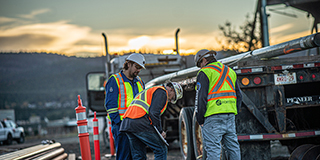
Safety professionals play critical role
Discussions between the FortisBC and ProActive Safety & First Aid, a Ktunaxa citizen-owned business, resulted in a great opportunity for the business, the wider community and FortisBC. The process of listening and collaborating led to the creation of a one-year safety officer internship for a member of the Ktunaxa Nation. This helps launch a career closer to home while increasing availability of safety professionals, a critical role on FortisBC projects.
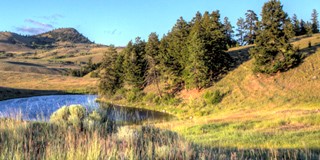
Partnering for renewable energy
The Upper Nicola Band and the Okanagan Nation Alliance asked the industry for proposals on a 15-megawatt solar project and chose to partner with us. Once completed, this community-led project will produce enough electricity to power close to 5,000 homes and be the largest solar farm in Western Canada.
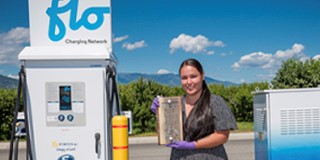
Powering lower carbon travel
The opening of two electric vehicle charging stations in the Interior in 2020 marked the first publicly available stations in a First Nations community in B.C. The joint effort with the Osoyoos Indian Band reflected their forward-thinking approach to economic development and our shared belief for lower carbon transportation and sustainable business growth.
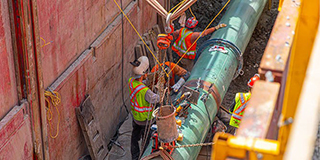
Preparing the way for energy delivery
For any infrastructure project, environmental monitoring and responding to environmental impacts are vitally important to the environment itself and the surrounding communities. When we upgraded and replaced 20 kilometres of gas line running through Vancouver, Burnaby and Coquitlam, we joined forces with Seven Generations Environmental Services, a company owned by six Stó:lō Nations communities, for the expert monitoring and Inlailawatash, of the Tsleil-Waututh Nation, for vegetation clearing and restoration.
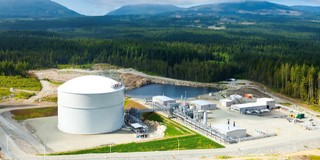
Creating jobs and millions in investment
In 2012, the Stz’uminus First Nation and Cowichan Tribes each invested $5.7 million in our Mt. Hayes LNG storage facility project on Vancouver Island. As a result, the region saw approximately $70 million in investment including direct employment during construction and 12 full-time facility jobs.
Work with us
Collaborating with Indigenous communities to develop business and employment opportunities is an important priority for FortisBC. As a Canadian Council for Indigenous Business Partnership Accreditation in Indigenous Relations Silver-level member, we’re committed to continuing to work towards improvement in our leadership actions, business development, employment and community relationships.
To further our commitment to safe worksites and streamline the pre-qualification process, we’ve chosen ISNetworld® (ISN) as FortisBC’s primary contractor pre-qualification system for all work classified as moderate to high risk.
Learn more about how to become a FortisBC contractor or vendor.
Let’s get in touch
Have a business opportunity in mind? Email us today and let’s have a conversation.
